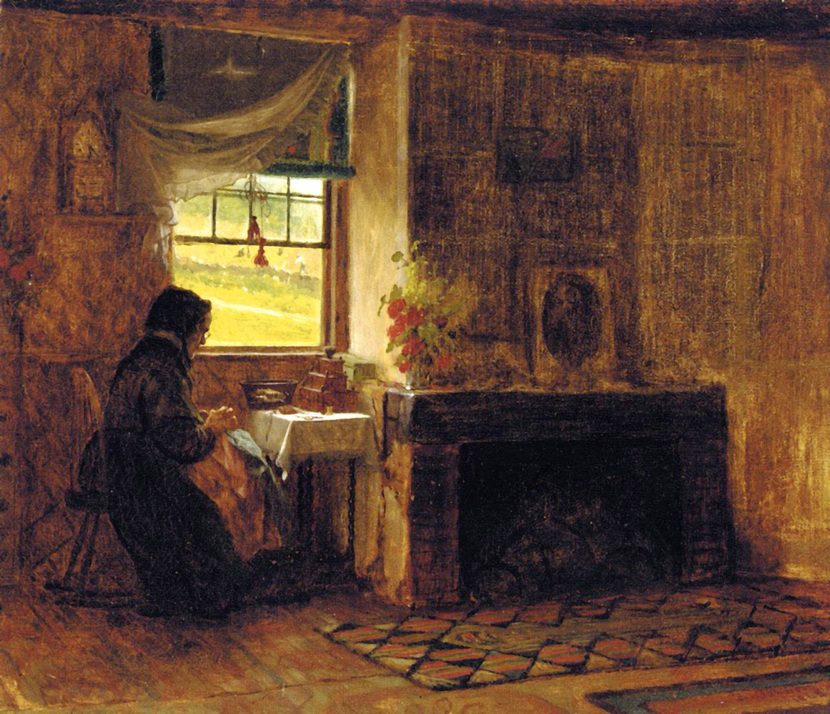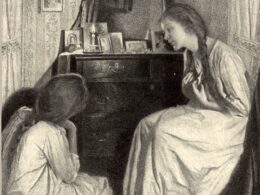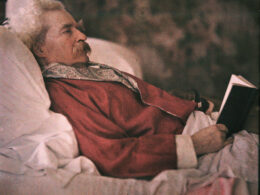*Sarah Orne Jewett (1849–1909)
From Sarah Orne Jewett: Novels & Stories*

Among the many methods Americans have used to address poverty, one of the most disconcerting to modern sensibilities is the system of auctioning poor families to the lowest bidder.
From the colonial era to the late nineteenth century, particularly in New England, town officials would bid out the care of the poor—often widows or abandoned wives and their children—to prospective hosts, and the lowest offer would receive the sum in exchange for providing room and board for a year. It was not uncommon for family members to be separated among households, and there were few safeguards to insure the money went to the guests or to protect them from servitude; some of the examples in the records would be worthy of a Charles Dickens novel. In the best cases the pauper might become a valued and beloved member of the household and would stay with the hosts year after year, but historian David Wagner cites one example of a widow who was “auctioned off for fourteen years and went to fourteen different households!”
This system still existed in Maine into the 1880s, and Sarah Orne Jewett used it as the subject of “The Town Poor,” one of her most well-known short stories—in which women from a nearby church come to the rescue of two invalid sisters confined to an unheated attic. We present it here as our Story of the Week selection.



